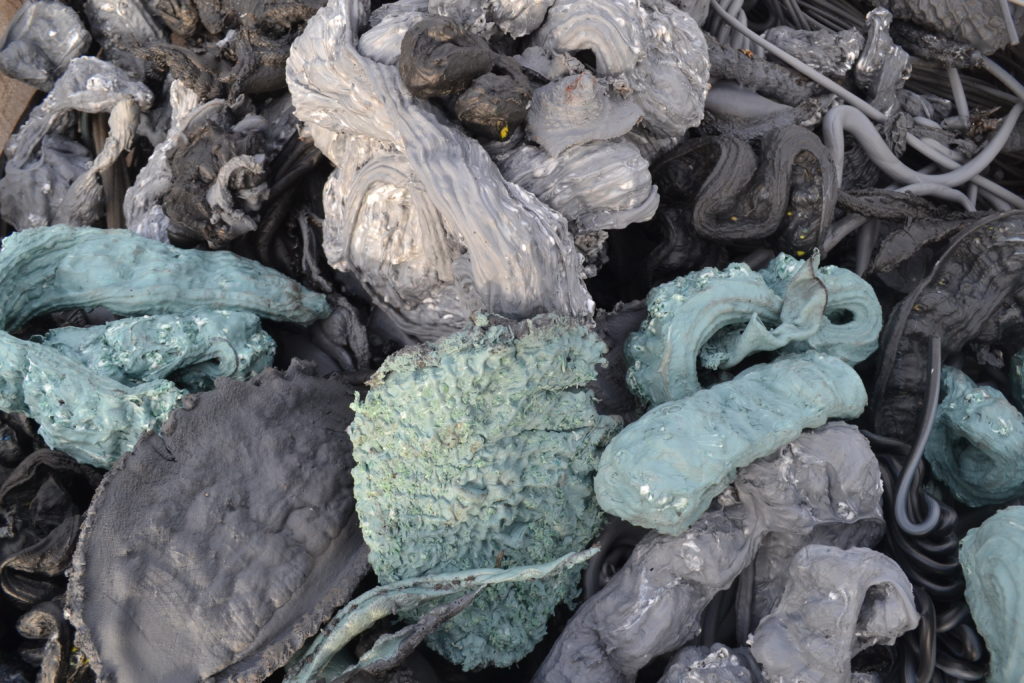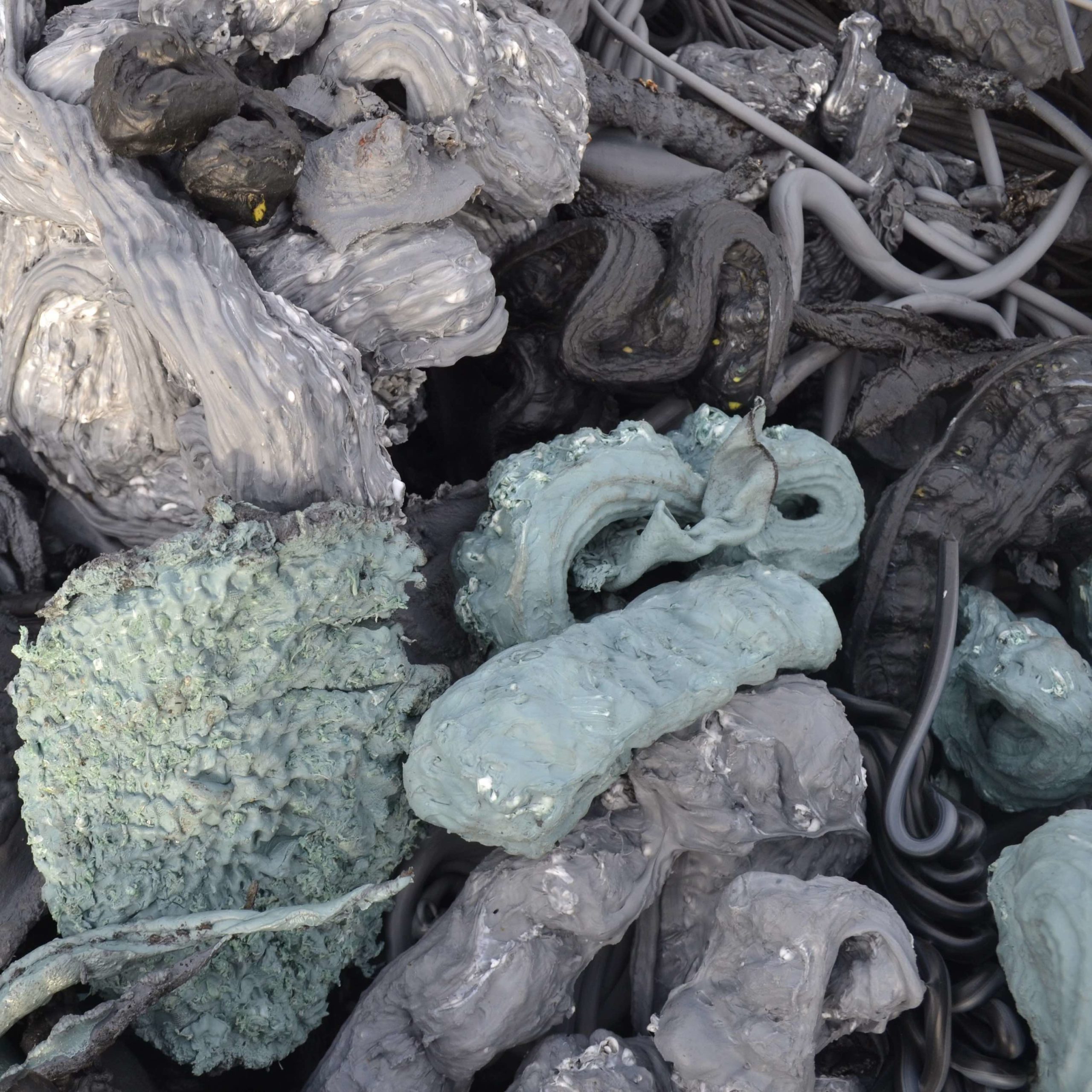The University of St Andrews has become the first UK university to be an accredited organisation with the United Nations Environment Program (UNEP). This authorisation, which builds on our accreditation to the UN Climate Change Conferences (COP), will allow the University and its researchers to participate in sessions of the United Nations Environment Assembly and subsidiary organs. In practice, the UNEP accreditation means that the University can now:
- Receive unedited UN Environment Assembly documents first-hand and at the same time as the Committee of the Permanent Representatives
- Submit written contributions to these unedited working documents
- Participate in all public meetings of the UN Environmental Assembly, including making oral and written contributions.
- Participate in the Plenary, the Committee of the Whole and the Ministerial Consultations discussions as observers
- Circulate written statements to Governments through the UNEP Secretariat
- Make oral statements during UN Environment Assembly discussions
The process to secure the University’s accredited status was initiated by Dr Patrick O’Hare (Department of Social Anthropology) to facilitate participation in the first meeting of the Intergovernmental Negotiating Committee (INC). This meeting (INC 1), to be held in Uruguay from November 28th to December 2nd, intends to develop a legally binding treaty on plastic pollution. Patrick will join an international wastepicker delegation from India, Africa, and Latin America, where he will offer expert advice stemming from his research with wastepickers and his UKRI Future Leader Fellowship on social and circular economy initiatives in the plastics industry.
Responding to the news of the successful UNEP bid, Patrick commented: “I am delighted that the University has decided to become a UNEP accredited organisation and that researchers across the University will now be able to contribute to the United Nations Environment Assembly and processes such as that of developing the plastics treaty. The University is a world-leader in environmental research and this accreditation now facilitates the delivery of expert advice to environmental policymakers at the United Nations”.
The development of an international legally binding agreement on plastics is a milestone in global endeavours to create a sustainable future. Based on a comprehensive approach that addresses the full lifecycle of plastic, it calls for an agreement:
“To promote sustainable production and consumption of plastics, including, among others, product design, and environmentally sound waste management, including through resource efficiency and circular economy approaches.” The UNEP accreditation has been supported by the University of St Andrews Environmental Sustainability Board (ESB) and the St Andrews Network for Climate, Energy, Environment and Sustainability (STACEES).
Read In the Loop article Plastic progress for Patrick

